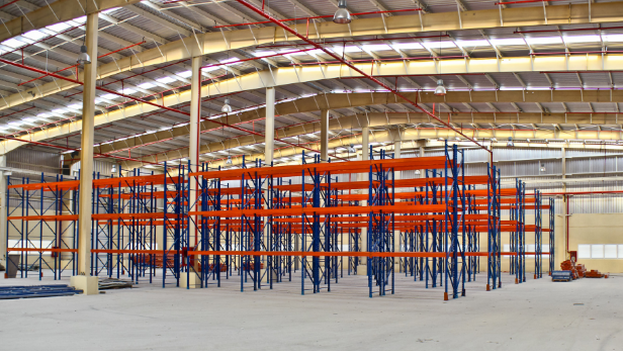
![]() 14ymedio, Havana, Pedro Campos, 6 April 2016 — Politicians, analysts and academics, both socialists and liberals, have addressed the importance of the political and economic democratization of Cuban society as a basis for the desired lift-off towards the development and modernization of the nation.
14ymedio, Havana, Pedro Campos, 6 April 2016 — Politicians, analysts and academics, both socialists and liberals, have addressed the importance of the political and economic democratization of Cuban society as a basis for the desired lift-off towards the development and modernization of the nation.
For a sector of the democratic left and more than a few nationalists, this democratization would also be a strategic guarantee for the independence of Cuba in every sense.
In the absence of subsidies, the current state-centric political and economic model can only guarantee its survival with a significant increase in foreign capital investment in the joint development of state mega-enterprises or direct investment in support of the plans for its “portfolio of businesses.”
In the belief that foreign capital will save the state companies, the official economic policy prioritizes its alliance with foreign capital, while opposing the full and free development of independent “non-state” forms, whether joint-venture or fully private, because it considers them “enemies of state capital.” Not to mention the dreaded “big bad wolf”: self-management under workers’ control.
In these circumstances, a democratization of the economy that put the bulk of it in the hands of the people – workers in self-managed state enterprises, and medium and small businesses, private or state-associated—is what could cushion the impact, absorbing into the Cuban economy as a whole the expected US investment once the blockade-embargo is fully lifted.
Cuba’s Foreign Minister Bruno Rodriguez told the state website CubaDebate that authorization for US telecommunications companies to operate on the island and financial support the non-state sector by the Obama administration only seeks to build opposition to the government of Raul Castro.
The internet and the development of the non-state sector are seen as “opposed to the government of Raul Castro.” To the bureaucracy it is the same whether the support for these activities comes from the US or from the Moon: the US has always interfered in the free development of”state socialism” in Cuba and wherever it has been tried.
It could not be otherwise for the “new class” generated by the statism that tries to preserve its control-power, which explains the limitations imposed on the internet, on self-employment and on the development of cooperatives, despite approval by the Sixth Congress the Communist Party of Cuba (PCC) itself, to not mention that the term self-management has disappeared from the vocabulary.
The independent development of small and medium-sized private and associated businesses (cooperatives, mutual or stock) in the short and medium term would displace inefficient and anti-worker state enterprises, as is already happening, if the regime does not move quickly to self-management or co-management. Were they to do so, workers would no longer be simply underpaid employees, but can become become effective owners of companies and participate directly in the property, or carry over to full or partial control of domestic or foreign capitalist enterprises.
In the first variant, the current state monopoly savage capitalism, which exploits the workers and impoverishes them, would thus be forced to transfer real economic power to the workers, which it has always refused to do because it would imply a decrease in and/or disappearance of the power of the bureaucracy and the current control exercised on all dividends generated by state enterprises. This is why they have preferred the second variant, an alliance with international capital so that power can continue to support itself, now sharing the exploitation of its employees with foreign capital.
But this involves delivering much of the country’s economy to foreign capital and eventually to the great American capital.
The principal enemy, the limitless capital of the United States, would become the government’s main ally in the joint exploitation of Cuban workers and in a fundamental way would lead to a new socio-economic dependence: a kind of virtual annexation to the United States, where there is no blockade and it costs little more to travel to Miami than it does to go from Havana to Varadero.
The communists who still believe that socialism relies on the salaried state company, where the workers continue to be widgets for which they don’t even have to pay full cost, are making the game into one of virtual annexation.
The fault is not the United States’, but the official policy against free labor. Without democratization and socialization of the economy and politics there will be no guarantees for the future independence of Cuba.
